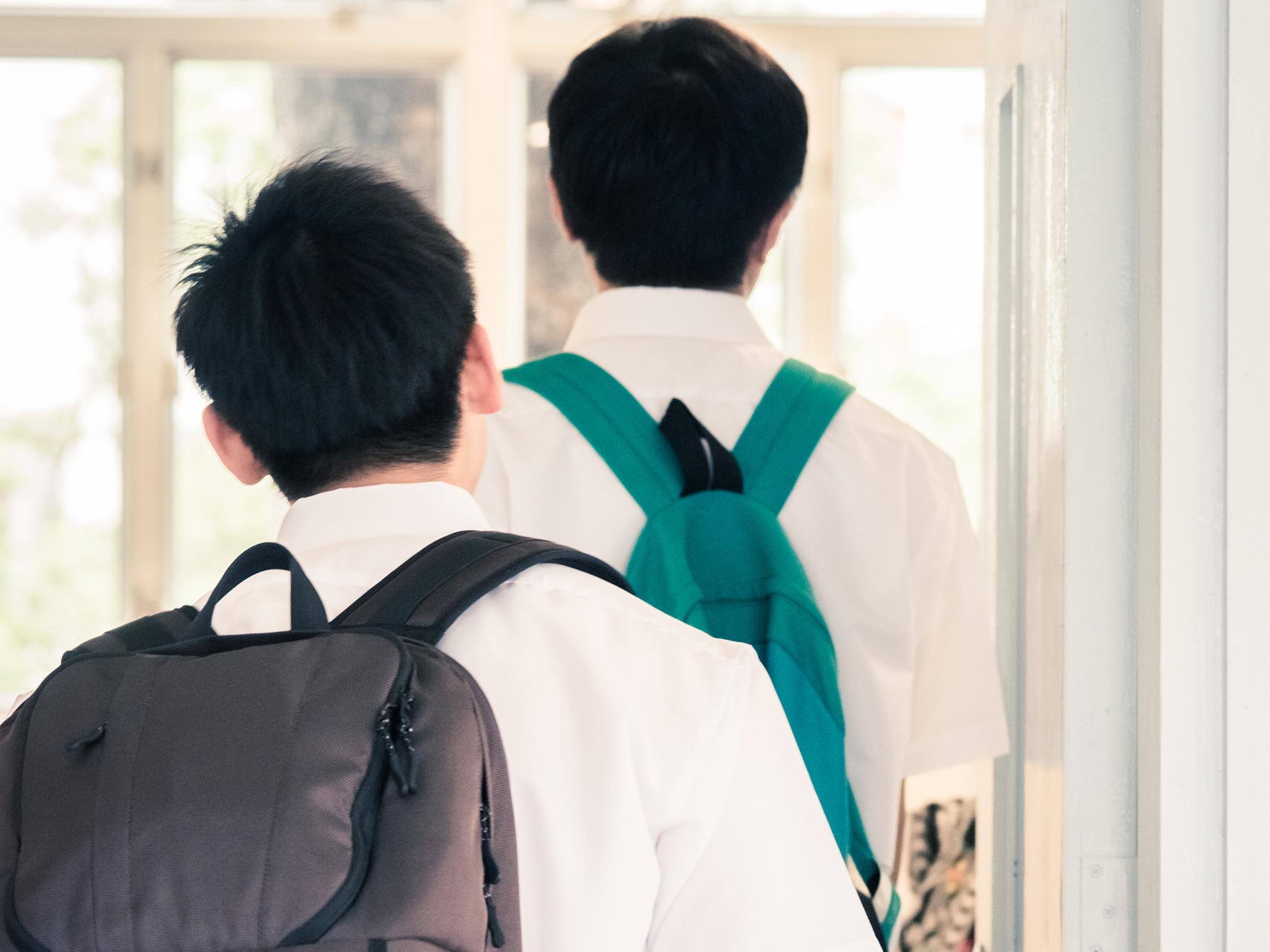School behaviour tsar endorses detention regime that punishes pupils for rolling their eyes
Critics describe the discipline guide as draconian and discriminatory

Your support helps us to tell the story
From reproductive rights to climate change to Big Tech, The Independent is on the ground when the story is developing. Whether it's investigating the financials of Elon Musk's pro-Trump PAC or producing our latest documentary, 'The A Word', which shines a light on the American women fighting for reproductive rights, we know how important it is to parse out the facts from the messaging.
At such a critical moment in US history, we need reporters on the ground. Your donation allows us to keep sending journalists to speak to both sides of the story.
The Independent is trusted by Americans across the entire political spectrum. And unlike many other quality news outlets, we choose not to lock Americans out of our reporting and analysis with paywalls. We believe quality journalism should be available to everyone, paid for by those who can afford it.
Your support makes all the difference.The government school behaviour tsar has endorsed a detention regime that punishes pupils for rolling their eyes and questioning decisions.
Tom Bennett, who has been appointed to head up a taskforce into bad behaviour, has given his support to the Royal Docks Academy strict discipline guide, which has sparked criticism online.
In their student planners, the east-London school advises that teachers can give detentions to pupils who are missing equipment.
Pupils who roll their eyes should be given one-hour detentions and pupils who “kiss teeth” – a sound made with the mouth – should receive two-hour detentions, it advises, as should those who have not had their planners signed.
A photo of the strict guide, which was shared widely on Twitter, has been criticised for discriminating against students from poorer families and children with special educational needs.
But Mr Bennett tweeted: “This is pretty standard for many schools. And it’s fine, as *part* of a range of strategies, that includes normative messaging, routines, targeted support etc.”
The row comes after the National Education Union (NEU) described “zero-tolerance” behaviour policies in schools as “inhumane” and “damaging to pupil mental health” at their conference in April.
On the school’s guide, Debra Kidd, education consultant and former teacher, tweeted: “They don’t need this draconian approach that’s for sure. No wonder we’re seeing mental health and violence rocket in our young. We’re putting them in a pressure cooker and then blaming them for exploding.”
However, some teachers backed the tough approach, arguing it would make their jobs easier.
One English teacher tweeted: “I have six back-to-back difficult classes tomorrow and if I was going to work in a school that actually enforced this I would probably get a full eight hours' sleep tonight and not wake up at 5am filled with anxiety.”
In May, the Department for Education announced a £10m crackdown on bad behaviour in schools, led by Mr Bennett. The taskforce will advise schools on detention systems and pupil attendance.
A study from the Education Endowment Foundation in June found a lack of evidence that zero-tolerance behaviour policies have an impact.
Instead, it said students could become less disruptive in lessons if teachers greeted them individually at the door of a classroom.
Subscribe to Independent Premium to bookmark this article
Want to bookmark your favourite articles and stories to read or reference later? Start your Independent Premium subscription today.
Join our commenting forum
Join thought-provoking conversations, follow other Independent readers and see their replies
Comments